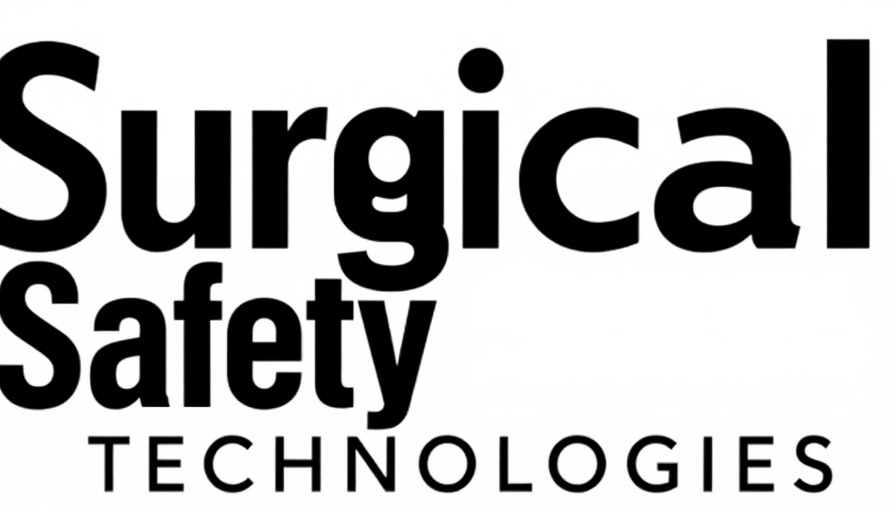
Understanding the Future of Learning Tools
As technology continues to shape our world, the educational landscape is no exception. In the upcoming years, the integration of technology into learning is expected to drastically change the way students engage with their studies. Parents should take note: the tools available today extend beyond basic apps to include advanced artificial intelligence and virtual learning environments. In this article, we explore the top educational tools that students in 2025 will need to excel in their academic pursuits.
The Emergence of AI-Powered Study Assistants
One of the most significant advancements is the rise of AI-powered study assistants. These tools have revolutionized learning by providing personalized support tailored to each student's needs. Tools like ChatGPT and Google Gemini can facilitate understanding complex subjects through instant feedback. For parents, introducing these apps can help foster independent learning habits in their children.
Why Note-Taking Must Evolve
No longer are students burdened with disorganized notebooks. All-in-one note-taking apps such as Notion and Evernote are designed to keep every piece of information organized and easily accessible. These platforms can also enhance collaborative learning—an important aspect as group projects are increasingly incorporated into curricula. Giving your child the right tools for effective note-taking can improve their study efficiency significantly.
Revolutionizing Memorization with Smart Flashcards
Memorization remains a critical element in education. Smart flashcard apps leverage spaced repetition algorithms that optimize the learning experience by ensuring that students revisit material just before they've forgotten it. Applications like Anki and Quizlet provide an interactive approach to studying, turning rote memorization into a more engaging activity. Parents can encourage their children to utilize these resources to enhance their retention of information.
The Role of Virtual and Augmented Reality in Learning
Although still developing, virtual and augmented reality is set to play a pivotal role in education. These tools can create immersive learning experiences that allow students to engage with content in new and exciting ways. For parents, understanding how these technologies can complement traditional education is essential—especially as schools begin to adopt more of these resources.
Encouraging Balanced Technology Use
While embracing these educational advancements, it’s equally important for parents to be mindful of screen time and its impact. Setting reasonable limits on technology use for educational purposes versus recreational activities is vital for maintaining a healthy balance. Engaging in offline discussions about what they learn can reinforce the material and encourage thoughtful reflection.
Conclusion: Preparing for an Evolving Education Landscape
The tools that students will utilize in 2025 offer a glimpse into a future where learning is more customized and interactive than ever before. By introducing children to AI study assistants, all-in-one note-taking applications, smart flashcards, and exploring virtual reality possibilities, parents can support their child's education effectively. Embracing these technologies while setting appropriate bounds on screen time can cultivate a well-rounded and enriching learning environment.
For more insights on how to enhance your child’s educational journey with the right tools, consider exploring resources that dive deeper into educational apps, parental controls, and ways to foster a balance with technology.
 Add Row
Add Row  Add
Add 




Write A Comment